Euro NCAP tested a record number of vehicles last year, with a total of 73 safety ratings published for new and existing car models.
The safety organisation described 2022 as “an exceptionally challenging year for the automotive sector”, citing the new safety, emission and cybersecurity regulations, as well as the economic repercussions of the invasion of Ukraine, Brexit, and the challenges related to shortages of semiconductor chips, materials, and labour.
To ease the burden on industry, Euro NCAP delayed the introduction of its new protocols to the beginning of 2023. This resulted in strong scored for all models tested, with 78% achieving a top five-star rating. No vehicles achieved three stars or less.
Among the best-performing models was the Tesla Model Y, Lexus NX and Mercedes-Benz EQE.
The EV market expanded rapidly in 2022, with full electric vehicles accounting for 22 of the 65 new models tested. A further 17 offered either mild hybrid, hybrid electric or plug-in hybrid drivetrains.
Seven new brands made their Euro NCAP debut in 2022, six of which originate from China. The BYD was one such model, which scored a five-star rating ahead of its UK launch in Q1.
Michiel van Ratingen, Euro NCAP’s secretary general, said: “For Euro NCAP, 2022 also marked 25 years of making cars safer. Looking back on the progress we have made with our sponsors, test labs and partners, and how different safety looks for consumers today when we test cars – we are so proud of what we have accomplished.
“In 2023, we have huge developments ahead including a real step forward on the road to Vision Zero with new protocols in car testing that will consider the wider implications on vulnerable road users, but also consideration of a new target group that will be announced later in the year.”

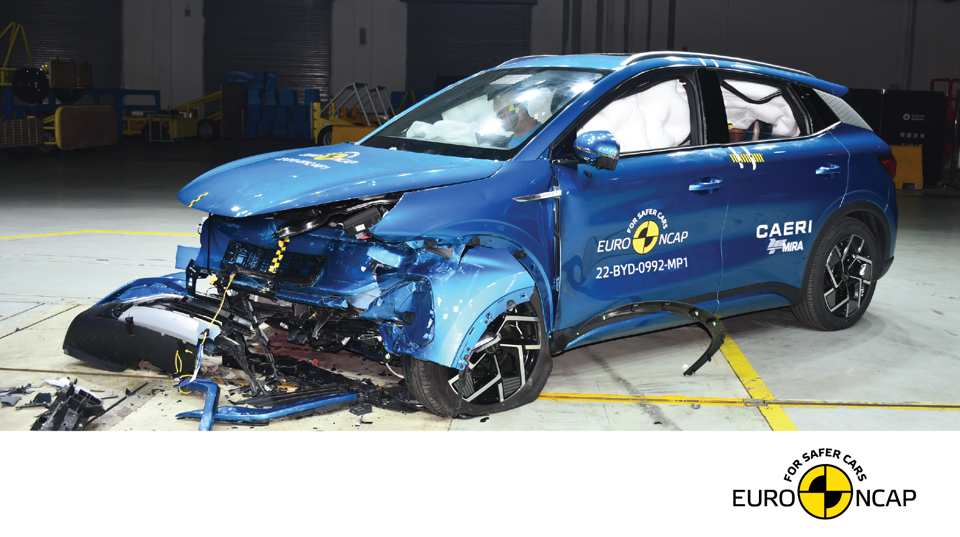

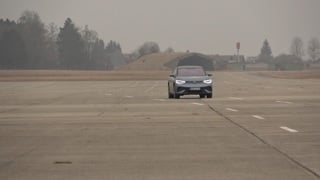
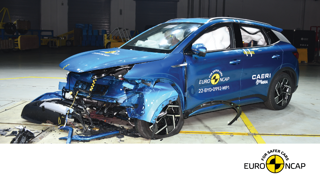
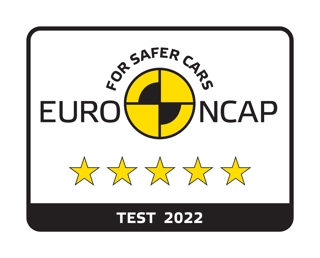
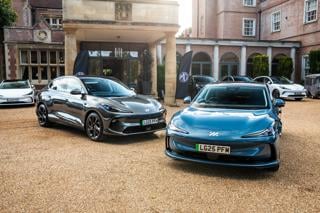
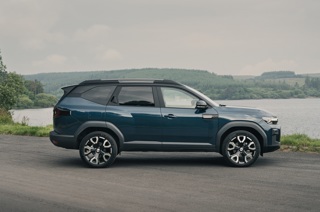












Login to comment
Comments
No comments have been made yet.